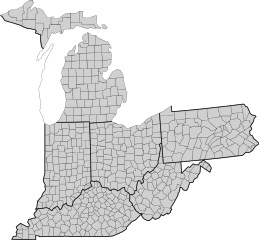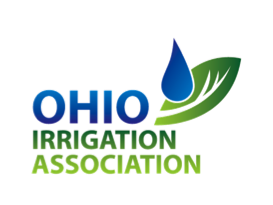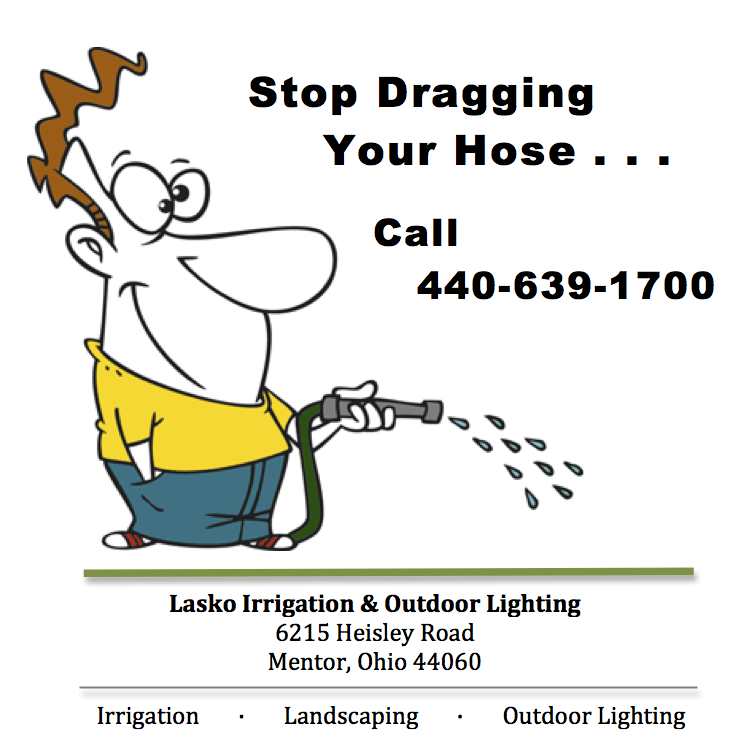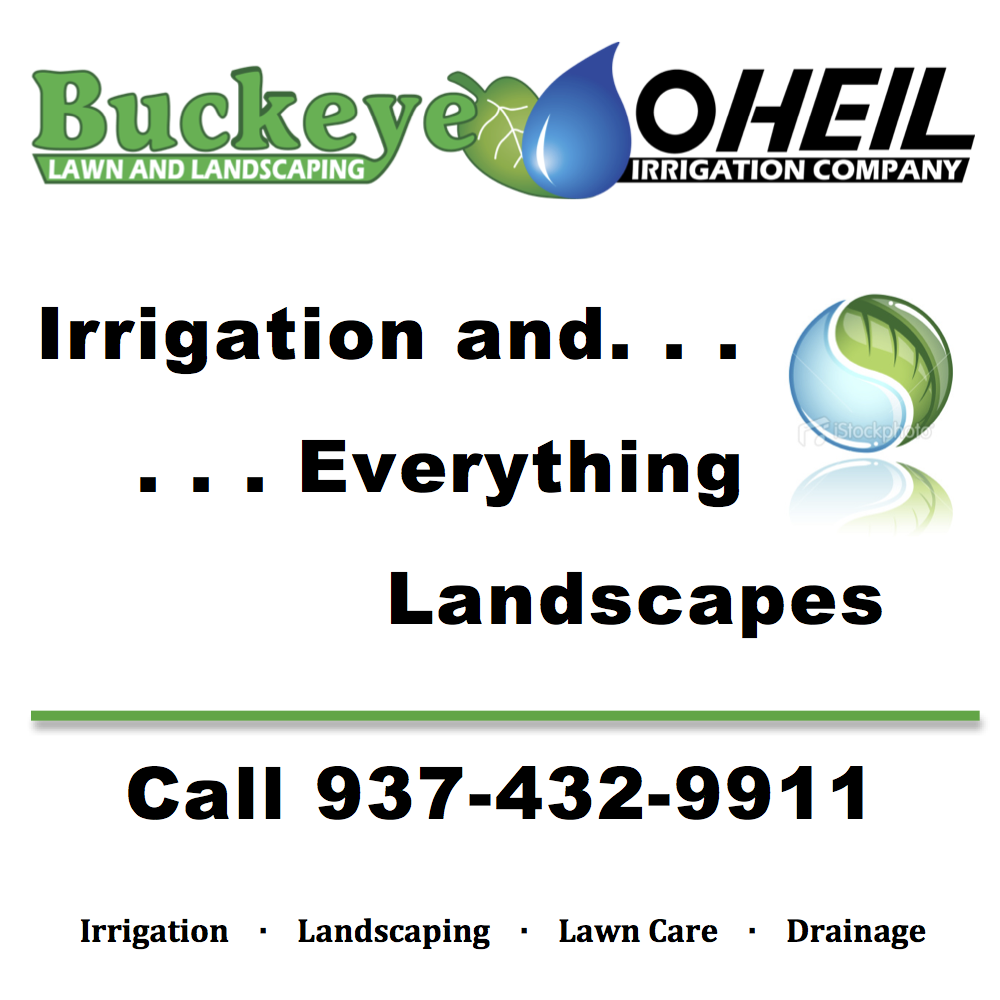
Landscape Irrigation and the Coronavirus Pandemic
How Will the Coronavirus Affect the Landscape Irrigation Industry?
In an effort to stem the coronavirus pandemic, the Ohio Department of Health has issued a Stay at Home Order for all non-essential businesses across the state. Landscape irrigation contractors are wondering where they fit in.
Of course, agricultural irrigation is considered an essential function because of its role in necessary food production. But is landscape irrigation considered “essential” or “non-essential”?
Bad Timing
While there’s never a good time for a pandemic, early spring is particularly problematic for green industries. This six-to-eight-week period is peak season. For irrigation contractors, it’s time for spring tune-ups, inspections and backflow testing.
In an open letter to legislators and other officials, available on the national Irrigation Association website, the IA states:
“We are entering the spring months when many irrigation systems will be turned on by the homeowner/property manager. It is imperative that these systems are professionally inspected (in accordance with state and local codes and regulations), ensuring there are no leaks and the backflow prevention device is operating properly.”
The association further argues that landscape irrigation should be included in essential services because:
“We need to ensure water is available for all uses during this health emergency. Ensuring irrigation systems are doing their job and running properly is an essential component in protecting our nation’s water supply.”
CISA’s Essential Critical Infrastructure Workforce
There are two separate categories where landscape irrigation professionals could be considered part of the Essential Critical Infrastructure Workforce, according to Homeland Security’s CISA List:
- Water and Wastewater. “Workers repairing water and wastewater conveyances and performing required sampling or monitoring.” (e.g., backflow testing), and
- Public Works. “Workers such as plumbers, electricians, exterminators, and other service providers who provide services that are necessary to maintaining the safety, sanitation, and essential operation of residences.”
The argument could also be made that, since irrigation professionals perform virtually all of their work outdoors, close human contact can easily be avoided.
Economic Outlook for Irrigation

Construction
Guidelines
As of March 31, here are the pandemic guidelines for the construction industry for Ohio and neighboring states.
(Please note: Guidelines continue to change. Check with your local authorities.)
Ohio: Construction on critical infrastructure continuing
Pennsylvania: All construction halted
Indiana: Critical construction continuing
Kentucky: Construction and landscaping considered essential
Michigan: Construction on critical infrastructure continuing
West Virginia: Critical construction continuing
According to chief economist Dr. Charlie Hall, before this pandemic, the green industry was poised to have a very good spring. Since the outbreak, there have been supply chain disruptions, massive unemployment, quarantines, closures and negative demand shocks.
The question now is: “Will consumers continue to spend their money in the lawn and garden area?” Currently, it’s impossible to tell.
Dr. Hall outlined four possible outcomes for the current economic recession:
- The medical and economic crisis ends in three months and businesses gradually return to some sense of normalcy.
- The pandemic is seasonal – decreasing with warm weather and returning in the fall – in which case the economic downturn would last 12 months.
- The pandemic / economic downturn persists until “herd immunity” is reached, in about two years.
- The pandemic / economic downturn persists until a vaccine or treatment is developed, in about 12-18 months.
What to Expect
Dr. Hall also suggested that green business owners can expect “clusters” of illness among their team members. So it’s important to identify susceptible critical functions, as well as supply chain risks.
Some irrigation contractors may be eligible for federal loans or other benefits. In order to receive them, you’ll have to measure and document the economic impacts of the coronavirus pandemic on your business. Hall also said that this is not the time to be making any big business decisions. Defer those until the crisis has passed.
Growth Opportunities?
The good news is…being ordered to stay at home, people will certainly be spending more time in their yards and gardens. Which means they’ll want to keep their landscapes green and healthy.
Resourceful business owners will use this opportunity to spread the word about the many health benefits of plants. The Texas A & M Extension offers an extensive list of publications and websites which tout the benefits of plants on human health and well-being.
For more information about the effect of the coronavirus on the green industry, check out AmericanHort’s Coronavirus Resource Center.
Sources:
Featured Image: Pixabay
Cleveland Scene
Irrigation Association
CISA
AmericanHort







